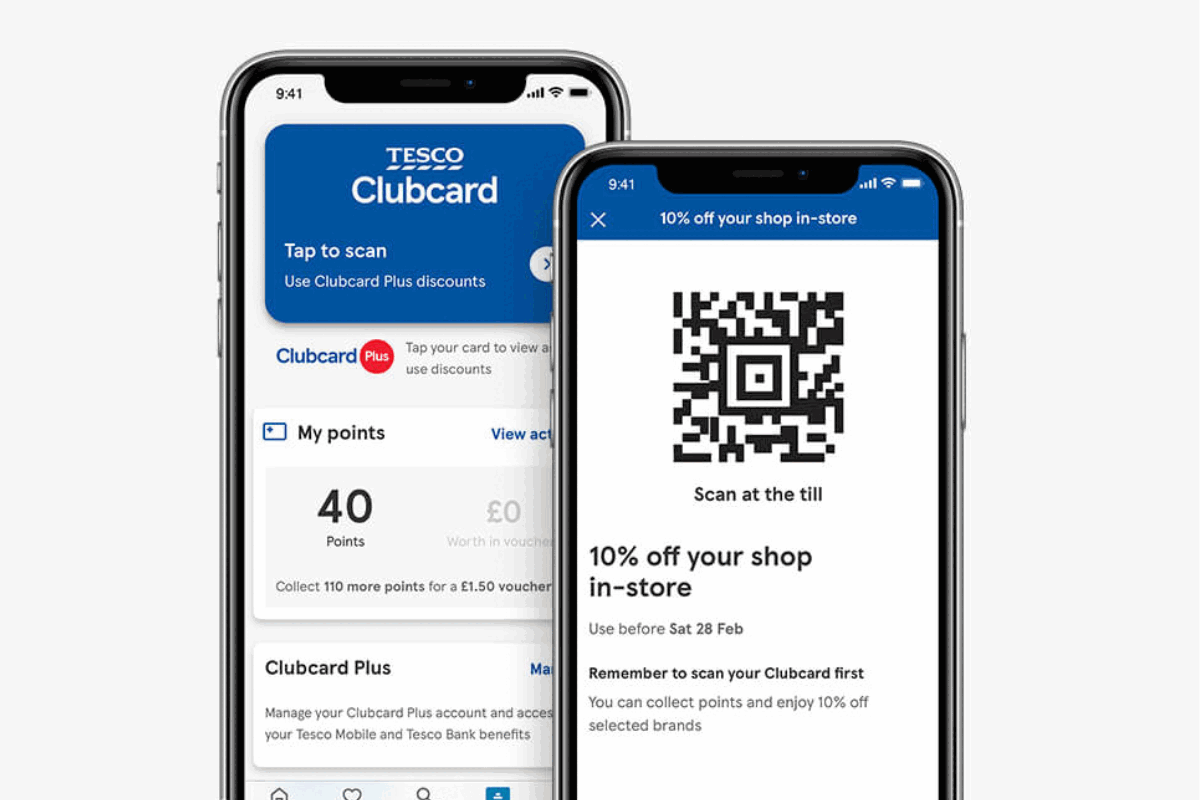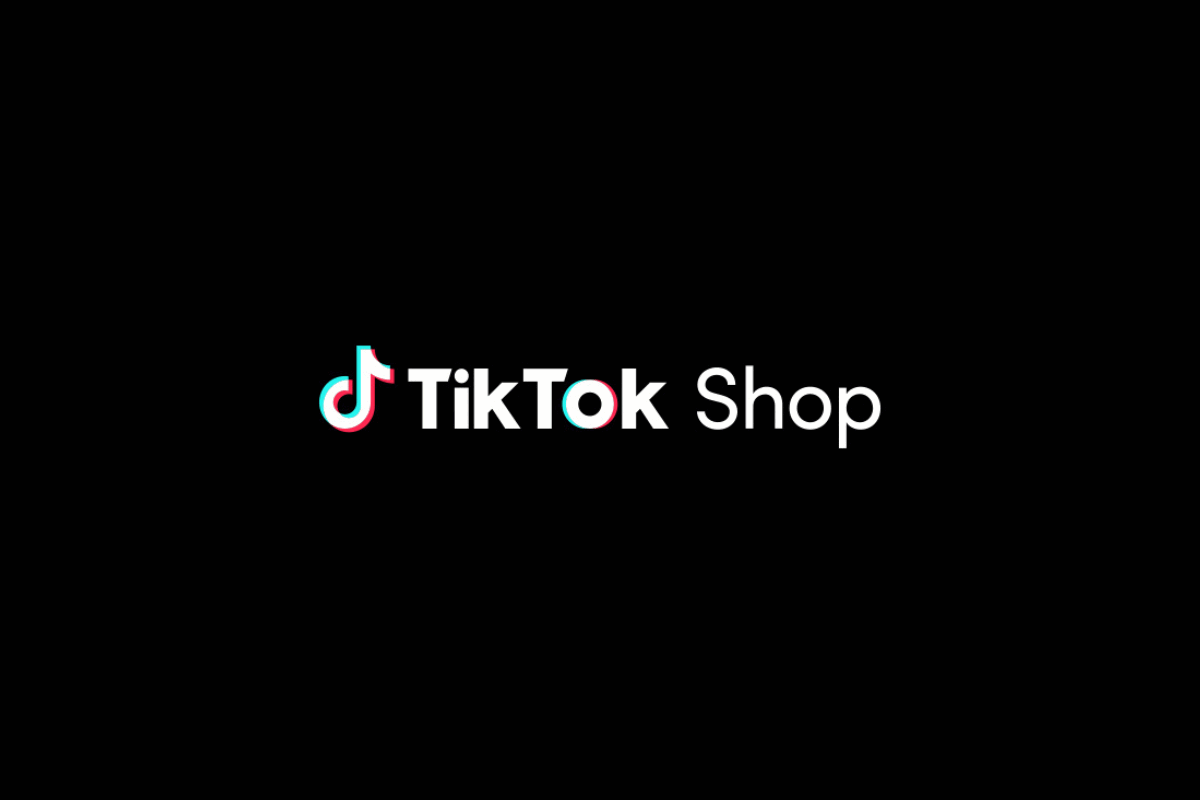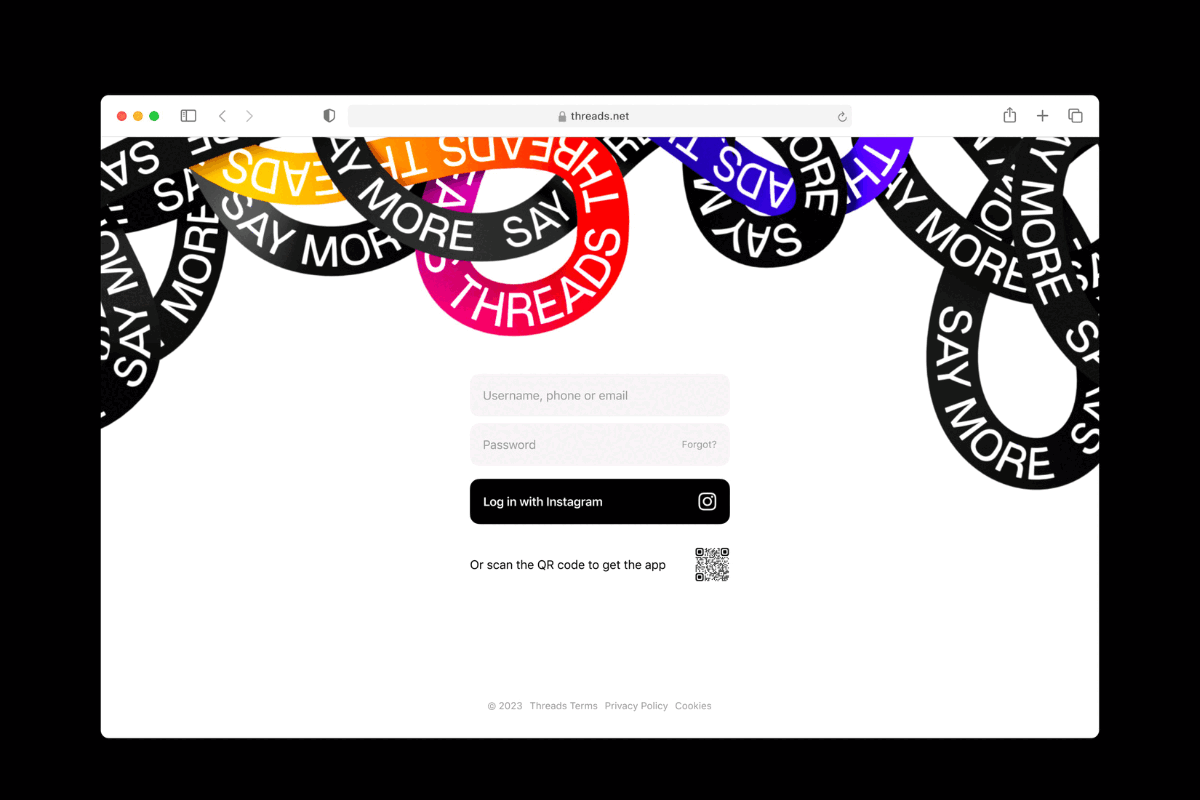Oxford researchers expose how apps share data with likes of Google, Facebook
- Tuesday, October 23rd, 2018
- Share this article:
 A study of 959,000 apps has demonstrated how major tech companies such as Google and Facebook are able to get their hands on vast amounts of data from third-party apps.
A study of 959,000 apps has demonstrated how major tech companies such as Google and Facebook are able to get their hands on vast amounts of data from third-party apps.
Researchers at the University of Oxford analysed the code of the apps on the US and UK Google Play stores. It was discovered that 88 per cent of Android apps are set to transfer data to Alphabet, Google’s parent company.
Meanwhile, Facebook receives third-party data from 43 per cent of apps, Twitter 34 per cent, Verizon, 26 per cent, Microsoft 23 per cent, and Amazon 18 per cent.
Data collected by the group of tech giants includes information about age, gender, location, nearby mobile phone towers or wi-fi routers, and information about other apps on people’s devices. Moreover, some of the data collected is likely to have come from children which, without receiving the parental consent, may be illegal.
“We find that most apps contain third party tracking, and the distribution of trackers is long-tailed with several highly dominant trackers accounting for a large portion of the coverage,” the research report reads. “The extent of tracking also differs between categories of apps; in particular, news apps and apps targeted at children appear to be amongst the worst in terms of the number of third-party trackers associated with them. Third-party tracking is also revealed to be a highly trans-national phenomenon, with many trackers operating in jurisdictions outside the EU.”
In response to the findings, Google has disputed the claims made, stating that the methodology is flawed because “it mischaracterises ordinary functional services” such as an app reporting when it crashes or analytics.
“Across Google and in Google Play we have clear policies and guidelines for how developers and third-party apps can handle data and we require developers to be transparent and ask for user permission. If an app violates our policies, we take action,” added the Google spokesman.
















